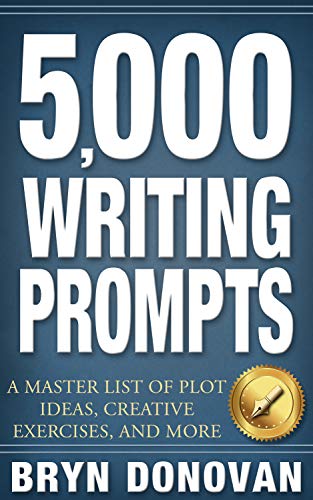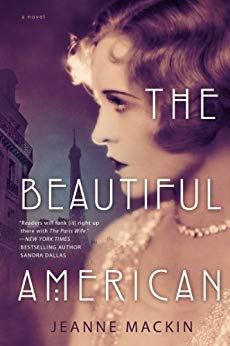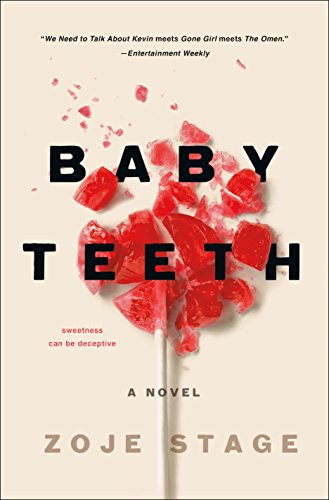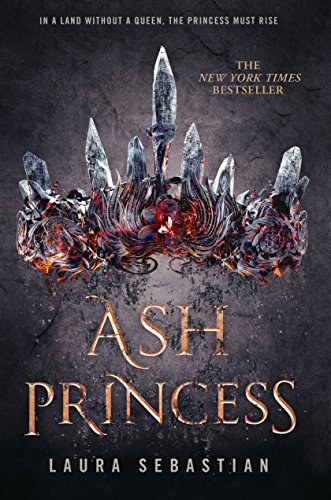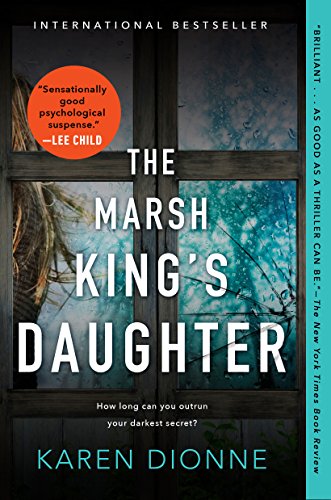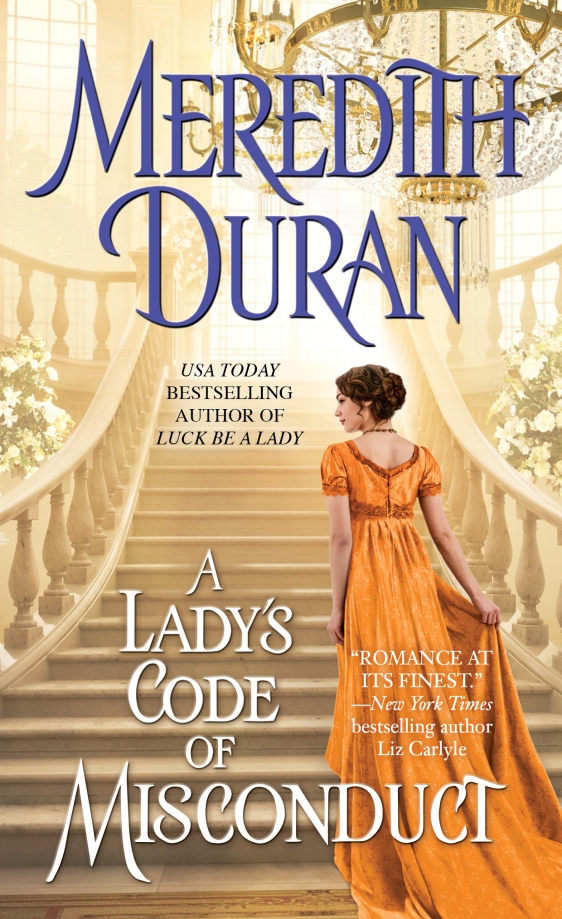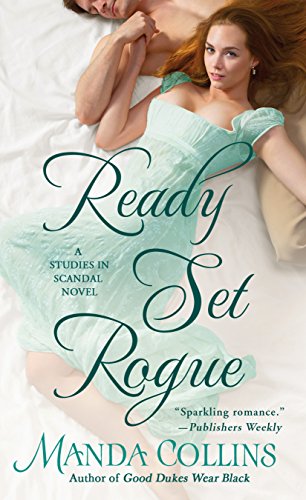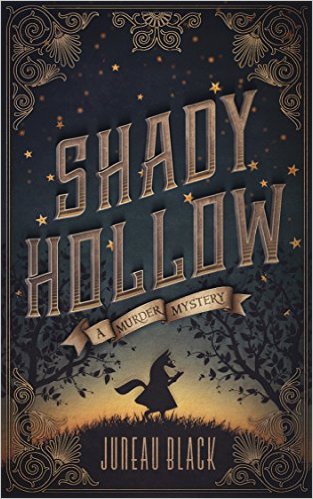The dubious title of “wickedest woman in New York” could probably go to any woman who has crossed the line somehow or who has done something so abhorrent in the eyes of the public that they can’t even bear to mention her name. And for years afterward, whenever anyone would mention the wickedest woman in New York, everyone would automatically know who that person really was. During the nineteenth century, this person was Madame Restell.
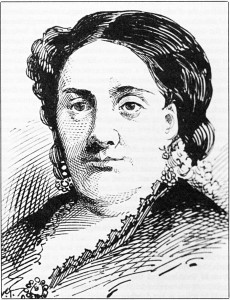
Ann Trow, aka Madame Restell, the “wickedest woman in New York.”
Madame Restell, whose real name was Ann Trow, was born in England in 1812 and came to the United States with her husband in 1831. Her brother found a job in a pharmacy in New York City, and by the end of 1839, she “was advertising to ‘married women’ a ‘simple, easy, healthy, and certain remedy’ to families ‘that [increase] in size beyond’ the ability of the parents to support them: ‘preventive powders’ and ‘monthly pills.’” (1) These were marketed as patent medicines, and the advertisements were widely circulated in the newspapers and penny press, which reached all kinds of women. In an article about Madame Restell, Cynthia Watkins Richardson says:
Because women were often unskilled and dependent , the specter of poverty caused by unplanned pregnancy was very real to fertile women…Women sought the sympathetic “Madame Restell” to help them with gaining control over their precarious lives… Living in the city was a new experience for many; and the city of New York was filled with former rural women unacquainted with the perils of urban life. Repelled, threatened, and frightened by a way of life they did not understand, many middle, and even upper-class women sought to shore up their social boundaries by curbing family size, a preferred strategy for the maintenance of financial and social security.
While Madame Restell and others at this time were providing a much-needed service for the women who sought them out, it is also important to note that there was a danger that came with it. The powders and pills were little more than patent medicine, and there was little to no regulation of patent medicines at the time. Surgical abortions, which Madame Restell’s advertisements promised as a “painless operation” were, like all operations at the time, quite dangerous and painful because of the lack of anesthetic and sanitary measures. There was always a certain risk that the medicines or operations could be fatal, but the women seeking them were willing to take the risk in order to avoid the stigma and shame that came with the birth of an illegitimate child. (2)
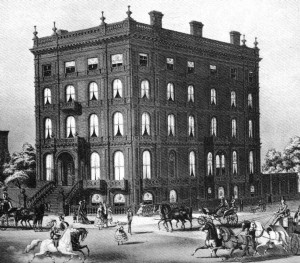
Madame Restell’s 5th Avenue mansion.
When Madame Restell’s business was at its height, there was a much more permissive attitude toward abortions; they were generally legal or unregulated, usually until there were signs of “quickening.” (1) However, in the mid-1800s, this attitude began to change. The recently formed American Medical Association took the position that “formally educated doctors knew better than women how to determine pregnancy and how to take care of pregnant bodies.” (1) By the mid-1800s, there were laws on the books which made abortion illegal. Nonetheless, Madame Restell kept providing her services, if not a little more discreetly.
Soon, though, Restell became a target of religious activist Anthony Comstock. In winter of 1878, Comstock went to Restell on the pretext of obtaining some contraceptive powder for his wife. After obtaining the powder, he returned four days later with the press, eager for the story, at his side. Madame Restell was later arrested and charged with “selling abortive and contraceptive devices.” Even though she had excellent attorneys, Madame Restell did not wish to see the end of the court trial she had faced, On April 1, 1878, decked out in some of her finest jewels, she slit her own throat with a “pearl-handled knife” while in the bathtub. Comstock declared that her suicide was “a bloody ending to a bloody life.” Her–perhaps ill-gotten estate totaled one million dollars. (2)
So was Madame Restell a pioneer in providing women’s health care, or was she an opportunist who profited from providing a service that many women at the time needed? One might say that she was both; while she was able to provide these services, she also knew that some of the methods used would be dangerous, yet both she and her patients were willing to take the risk. And some of what could be considered dangerous or risky was the reality of taking any patent medicine or undergoing any surgery at that time. But Madame Restell amassed quite a fortune from her business ventures and began to only take wealthier clients after the first time she was imprisoned, and her prices went up. Hers was essentially a for-profit business, and we can only speculate if there was any concern for the safety of her patients or the effectiveness of her products when there was so much money to be made from them and there were so many people who were desperate for them.
However, laws against abortion did not prevent Victorian women from seeking them out, even when the results could be fatal. Now, with the advances made in medicine, abortions and contraceptives are much safer than they were in the mid-1800s. The case of Madame Restell is a perfect example of the reasons why abortion and contraceptives must remain safe and legal. Outlawing abortions is not going to stop people from seeking them out; rather, it drives women to risk their lives dealing with practitioners who may not be at all concerned with the safety and well-being of their patients. And it opens the door for profiteers like Madame Restell to take advantage of the need for it and use such needs for their own gains.
Sources:
1). Ludlow, Jeannie. “Reframing Compassionate Care: Of Madame Restell and Other Outlaws.” On the Issues Magazine. Winter 2012. <http://ontheissuesmagazine.com>
2). “Madame Restell.” Scandalous Women. 8 April 2008. <http://scandalouswomen.blogspot.com>
3). Watkins Richardson, Cynthia. “In the Eye of Power: The Notorious Madame Restell.” <http://umaine.edu>
This piece was originally posted on Persephone Magazine.
